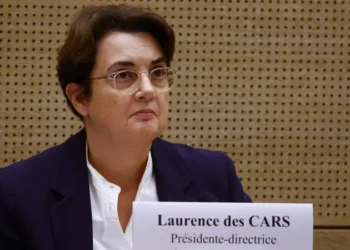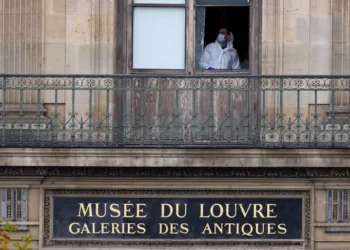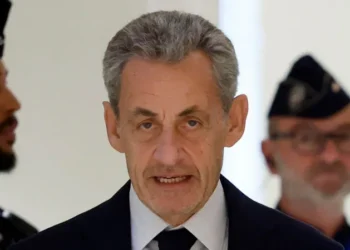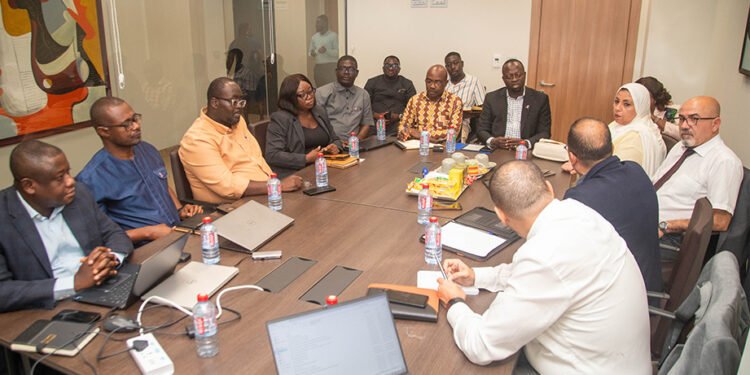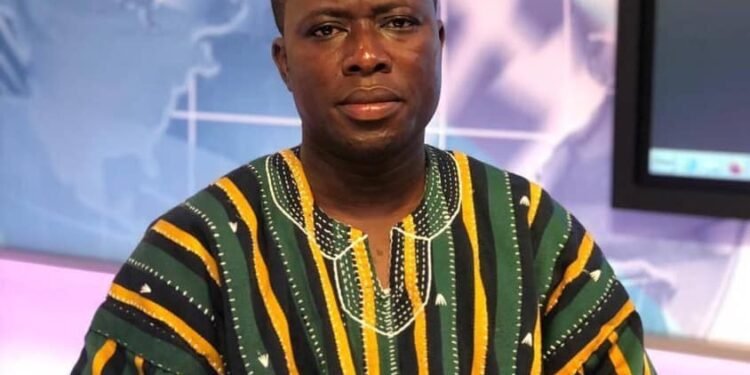Major European powers have voiced support for a Ukraine reparation loan, a proposal to use frozen Russian assets as collateral for an enormous loan to Ukraine to fund its reconstruction.
The so-called Reparations Loan, first outlined by European Commission President Ursula von der Leyen in mid-September, would leverage Russian funds frozen in European banks to back a 140 billion euro ($164.4bn) loan for Ukraine guaranteed by European Union member states. Under the plan, Ukraine would not need to repay the loan until Russia covers the costs of war reparations.
While some EU states have raised concerns over the legality and risk-sharing aspects of the scheme, support appeared to build today, Wednesday, October 1, 2025, at an EU summit in Denmark, Copenhagen.
Finnish Prime Minister Petteri Orpo, Danish Prime Minister Mette Frederiksen, Swedish Prime Minister Ulf Kristersson and Estonian Prime Minister Kristen Michal all endorsed using seized Russian funds to support Ukraine.
Speaking to reporters at the EU summit, Orpo expressed the need a strong and sustainable, long-term package for Ukraine “and [achieving that] via frozen Russian assets is a very good idea and I think that we have to go forward with that.”
Sweden’s Ulf Kristersson said, “It is simply not acceptable to have all these frozen assets and regard them as Russian equity with no chance to use them in favour of Ukraine.”
Dutch Prime Minister, Dick Schoof and French President, Emmanuel Macron indicated they were open to such plans, provided legal and financial risks are addressed.
However, Belgium and Luxembourg are among those who have voiced concerns. Luxembourg’s Prime Minister, Luc Frieden told reporters that the commissions’s proposal raises many legal questions, as “you can’t just take over assets that belong to another state so easily.”
He added that the proposal raises a “whole series of questions” to which he “would like to have answers,” including how the loan would be repaid if Russia ultimately fails to pay reparations to Kyiv.
“All proposals are welcome, but we must first ensure that they work in practice and that we know who will ultimately bear responsibility for them.”
Luc Frieden
von der Leyen asserted that EU has a legally “sound” basis for using hundreds of billions of euros’ worth of frozen Russian central bank assets to fund a so-called reparation loan to Ukraine.
Speaking ahead of a meeting of EU leaders in Copenhagen, von der Leyen said that “there is a growing consensus” in EU capitals that Moscow, rather than European taxpayers, should fund Kyiv’s war effort and reconstruction. “Russia is the perpetrator, it has caused the damage, and it has to be held accountable,” she noted.
Her remarks were echoed by Kaja Kallas, the EU Foreign Policy Chief, who said a “basic principle of international law is that you have to cover the damage you have caused.”
Kallas said that despite some divergence within the bloc, the EU is working as fast as possible to reach an agreement on using Russian assets to finance a reparation loan for Ukraine.
Kallas insisted on the need to use the seized Russian assets to finance the war reparations to be paid ultimately to Ukraine rather than use taxpayer funds. “If we don’t take these [Russian] assets into account, then it is on our taxpayers,” Kallas told reporters on the sidelines of the summit.
Kremlin Denounces Ukraine Reparation Loan Plan
The Kremlin denounced the proposed Reparation Loan, saying that any use of frozen Russian funds for this purpose would be “pure theft.”
“We are talking about plans for the illegal seizure of Russian property. In Russian, we call that simply theft.”
Dmitry Peskov
He warned that anyone who misappropriated Russia’s assets or the income they generate “will be prosecuted in one way or another” and “called to account.”
Peskov also claimed such actions would erode confidence in Europe’s financial institutions. “The boomerang will very seriously hit those who are the main depositories, countries that are interested in investment attractiveness,” he said.
A World Bank study this year estimated that as of December 2024, Ukraine’s reconstruction would cost $524bn over the next decade – about 2.8 times its gross domestic product for that year.
There are about $300bn in frozen Russian assets, including 210 billion euros ($247bn) held in Europe. Of that, 185 billion euros ($217bn) is in Euroclear, a Brussels-based central securities depository.
READ ALSO: Gender Ministry Pursues Arrest of Dismissed KNUST SHS Official Over Sexual Misconduct




